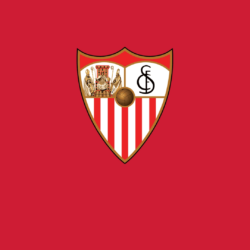The structural framework of the Poland Ekstraklasa is designed to ensure competitive balance while promoting the development of football across the nation. Understanding how this league operates can shed light on its successes and ongoing challenges Kuwin.
League Composition Poland Ekstraklasa FC
The Ekstraklasa consists of 16 teams, each competing for the coveted championship title over a season typically spanning from late July to May.
Each team plays a total of 30 matches, facing every other club twice—once at home and once away. The league uses a points system where a win earns three points, a draw earns one point, and a loss earns zero points.
At the end of the regular season, the league splits into two groups: the Championship Round and the Relegation Round. The top eight teams compete for the league title, while the bottom eight fight to avoid relegation.
This format creates a dynamic atmosphere where every match counts, leading to thrilling encounters as clubs vie for glory or struggle to secure their place in the top division.
Promotion and Relegation
Relegation is a critical aspect of the Ekstraklasa’s structure, as it ensures that performance is continuously evaluated, and new talent has the opportunity to ascend the ranks.
The bottom two teams at the conclusion of the regular season are automatically relegated to the I Liga, while the top two teams from the I Liga are promoted to the Ekstraklasa. Additionally, there is a playoff between the 13th-placed team in the Ekstraklasa and the third-placed team in the I Liga, providing an extra layer of suspense and drama.
This promotion and relegation system fosters an environment where clubs must remain vigilant, investing in player development and tactical strategies to avoid the dreaded drop.
The Role of Clubs and Fans
Clubs in the Ekstraklasa are often steeped in history and regional pride, creating intense rivalries and passionate fan bases. Each club strives to create a unique identity that resonates with its supporters, resulting in vibrant atmospheres during matches that reflect local culture and traditions.
Fans play a crucial role in the success of clubs, as their unwavering loyalty can inspire players to perform at their best. The rich tapestry of chants, banners, and rituals surrounding matches adds to the excitement, making every game an event that goes beyond mere competition Poland Ekstraklasa FC.





